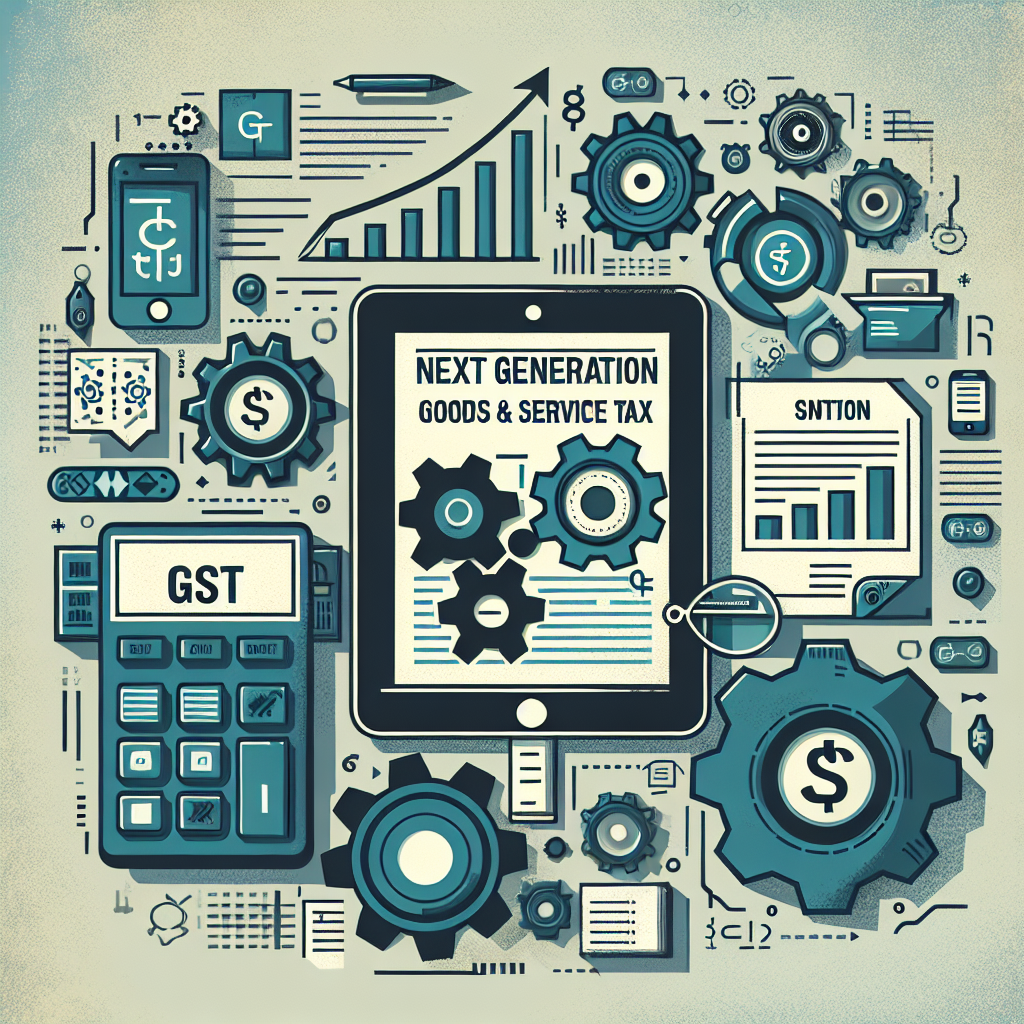Revolutionizing India's Economy: Next Gen GST Ushers in New Era of Tax Reforms
Union Finance Minister Nirmala Sitharaman introduced Next Gen GST reforms, emphasizing reduced tax rates and simplified compliance for India's economic growth. Implementing from September 22, the initiative bolsters key sectors and aligns with Bengal's Durga Puja. Contributions from the GST Council and all states played a vital role.

- Country:
- India
Union Finance Minister Nirmala Sitharaman unveiled the Next Gen GST reforms, highlighting their potential to alleviate taxes for the poor, middle class, farmers, and bolster MSMEs and significant industries in West Bengal.
Starting September 22, coinciding with Durga Puja festivities, these reforms aim to reduce tax rates and simplify compliance nationwide. The GST Council and state collaborations were pivotal in shaping the new tax structure.
Sectors like Bengal's handicrafts, small-scale industries, and agricultural products, including iconic items like 'Nakshi Kantha' and Darjeeling tea, are set to benefit. Exemptions have also been extended to life insurance policies as announced at the 56th GST Council meeting.
(With inputs from agencies.)
ALSO READ
Kolkata Durga Puja Embraces Inclusivity with Braille Initiatives
AP Assembly Applauds Modi's GST Reforms: A Triple-Impact Move
Maharashtra Unveils Industrial and Social Policy Reforms
Uttar Pradesh to Reap Benefits from GST Reforms, Says CM Adityanath
Yogi Adityanath Hails GST Reforms as Diwali Gift from PM Modi










